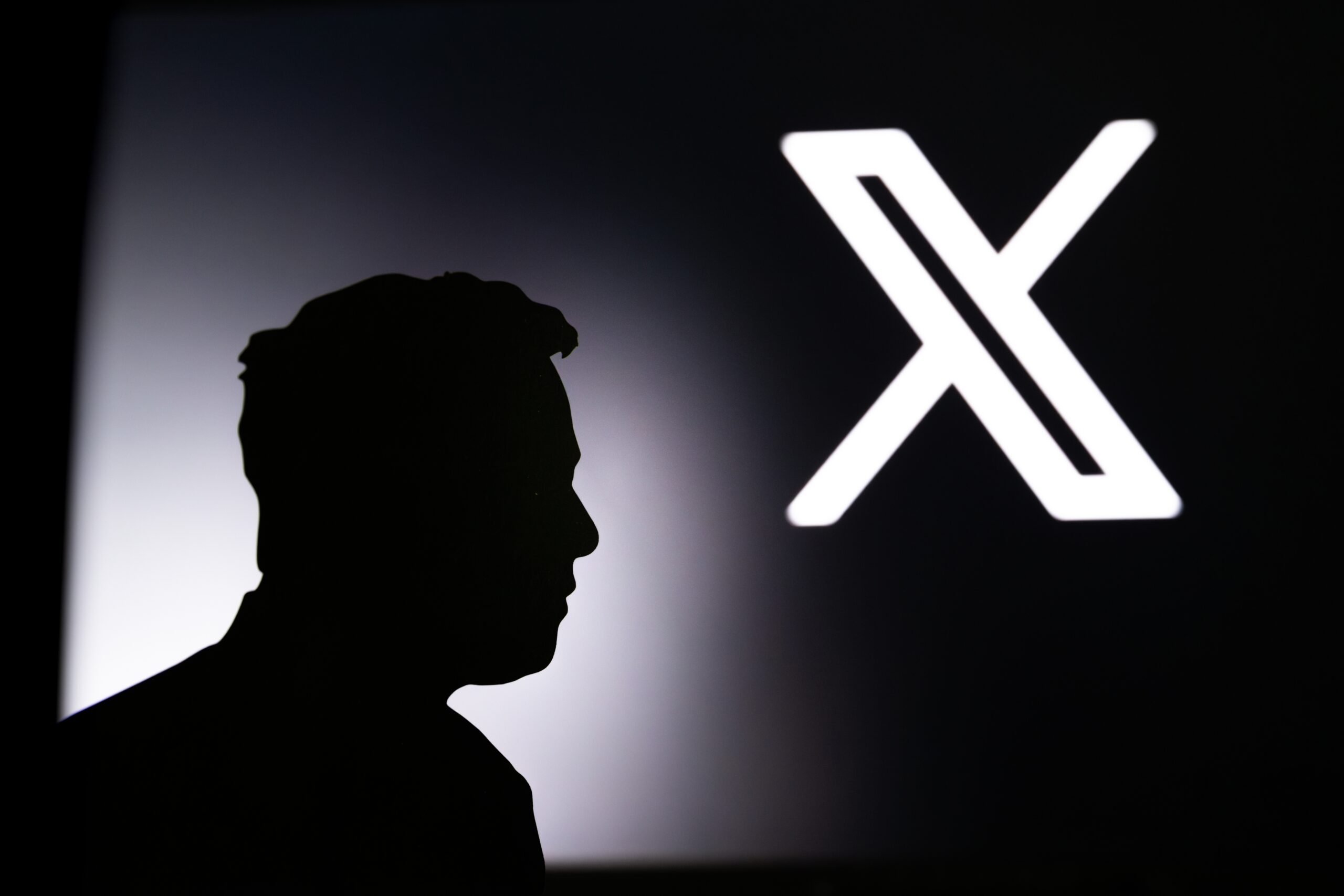
Key Insights:
- IBM, Lionsgate, and the EU suspend ads on X, challenging the platform’s content policies and highlighting corporate stand against hate speech.
- Elon Musk’s controversial tweets intensify scrutiny on X, driving major advertisers to reconsider their association with the social media giant.
- The EU’s ad pause on X reflects a growing global demand for stronger content moderation against online hate speech and misinformation.
Major brands, including IBM, Lionsgate, and the European Union, have taken a bold step by suspending their advertising campaigns on the platform previously known as Twitter, now referred to as X. This significant move stems from growing concerns about the presence of hate speech, with a particular focus on antisemitic content.
A Cascade of Corporate Withdrawals
IBM decisively ceased its advertising on X in reaction to findings that its ads were shown next to content endorsing Nazi beliefs. This development represents a significant challenge for X, which is heavily dependent on ad revenues. Taking a strong stance, IBM announced its uncompromising rejection of hate speech and discrimination, underlining the gravity of these concerns.
In a related development, the advocacy organization Media Matters highlighted that ads from other major corporations, including Apple, Oracle, NBCUniversal’s Bravo network, and Comcast, were also displayed near antisemitic content on X. These disclosures have triggered a more rigorous examination of the platform’s approach to content moderation, particularly since Elon Musk’s takeover.
European Union Joins the Fray
The European Union’s executive branch, in a separate yet equally impactful decision, announced a pause in their social media advertising commitments. Citing an increase in hate speech, the EU’s stance is particularly significant given its history of advocating for stringent regulations to curb online hate speech and misinformation.
Elon Musk, the billionaire entrepreneur who acquired X last year, has been central to this controversy. Musk’s recent tweets, which seem to lend credibility to antisemitic conspiracy theories, have exacerbated the situation. Consequently, the content and moderation policies on X have come under intense scrutiny amidst the backdrop of the Israel-Hamas conflict.
The White House has also joined the growing number of voices condemning these developments. White House Spokesperson Andrew Bates strongly criticized the promotion of antisemitic and racist hate, highlighting that such actions run counter to American values.
X’s Struggle to Retain Advertisers
To stem the tide of departing advertisers, X’s CEO Linda Yaccarino, formerly of NBCUniversal, has been vocal about the platform’s dedication to fighting antisemitism and discrimination. Yaccarino’s statements underline X’s commitment to creating a hate-free environment. However, the challenge remains significant in light of Musk’s controversial tweets and the platform’s ongoing spread of hate speech.
The Broader Impact on Social Media Platforms
The issue of content moderation and hate speech is not isolated to X. TikTok, another popular social media platform, recently faced backlash for the proliferation of content related to Osama bin Laden, leading to the removal of the #lettertoamerica hashtag. Owned by ByteDance, a Beijing-based company, TikTok has been scrutinized for its handling of content related to Jewish users and the Israel-Palestine conflict.
The decisions by IBM, Lionsgate, and the European Union to pull their advertising from X represent a broader trend of advertisers and regulatory bodies taking a stand against online hate speech and misinformation. As the social media landscape continues to evolve, the actions of these major players will likely have far-reaching implications for content moderation and corporate responsibility in the digital domain.
The unfolding events on social media platforms like X and TikTok underscore a growing concern among advertisers and governments about the proliferation of hate speech and misinformation online. The steps taken by these organizations and institutions signal a shift in how social media platforms are expected to manage and moderate content, setting new standards for corporate responsibility and ethical practices in the digital age.
Editorial credit: kovop / Shutterstock.com
Tokenhell produces content exposure for over 5,000 crypto companies and you can be one of them too! Contact at info@tokenhell.com if you have any questions. Cryptocurrencies are highly volatile, conduct your own research before making any investment decisions. Some of the posts on this website are guest posts or paid posts that are not written by Tokenhell authors (namely Crypto Cable , Sponsored Articles and Press Release content) and the views expressed in these types of posts do not reflect the views of this website. Tokenhell is not responsible for the content, accuracy, quality, advertising, products or any other content or banners (ad space) posted on the site. Read full terms and conditions / disclaimer.







